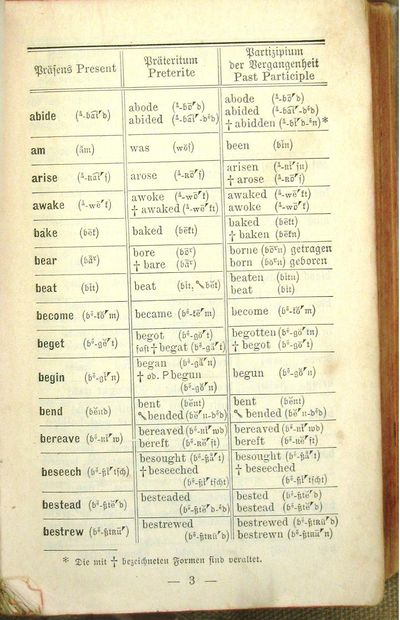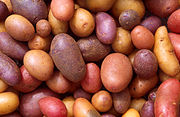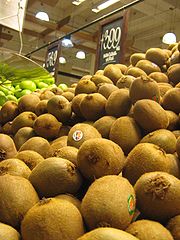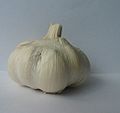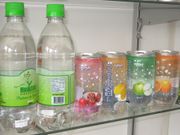Diferencia entre revisiones de «Como se llaman los alimentos en inglés»
De WikiEducator
(tuna) |
(→Names: 2) |
||
| Línea 23: | Línea 23: | ||
*garlic <ref>http://simple.wiktionary.org/wiki/garlic</ref> | *garlic <ref>http://simple.wiktionary.org/wiki/garlic</ref> | ||
*pumpkin<ref>http://simple.wiktionary.org/wiki/pumpkin</ref> | *pumpkin<ref>http://simple.wiktionary.org/wiki/pumpkin</ref> | ||
| − | + | *gourd | |
<gallery> | <gallery> | ||
Archivo:Czosnek.jpg| | Archivo:Czosnek.jpg| | ||
| + | File:20090924 gourd 06.jpg|gourd | ||
</gallery> | </gallery> | ||
Revisión de 11:28 26 sep 2012
| Usar los vernáculos en idioma no materno |
Para reconocer los nombres de los alimentos.
Materiales
Diccionarios no bilingües, por ej. the Merriam-Webster DictionaryNames
- potato
- rice
- corn [1]
- meat - beef - lamb
- fish - trout - tuna
- kiwifruit
- grapefruit
- apple[10]
- ejemplo:el pescado es mejor que la carne.
- los pomelos y los kiwi tienen bastante vitamina C.
Enlaces
Archivo:300px-preservation lani8.jpg
food preservation
Archivo:225px-PreservedFood Lani9.jpg
canned food
Fuentes
- ↑ Wiktionary:corn
- ↑ http://simple.wiktionary.org/wiki/aubergine
- ↑ http://simple.wiktionary.org/wiki/onion
- ↑ http://simple.wiktionary.org/wiki/garlic
- ↑ http://simple.wiktionary.org/wiki/pumpkin
- ↑ http://simple.wiktionary.org/wiki/beer
- ↑ http://simple.wiktionary.org/wiki/egg
- ↑ http://simple.wiktionary.org/wiki/beverage
- ↑ BNC1
- ↑ http://simple.wiktionary.org/wiki/apple
